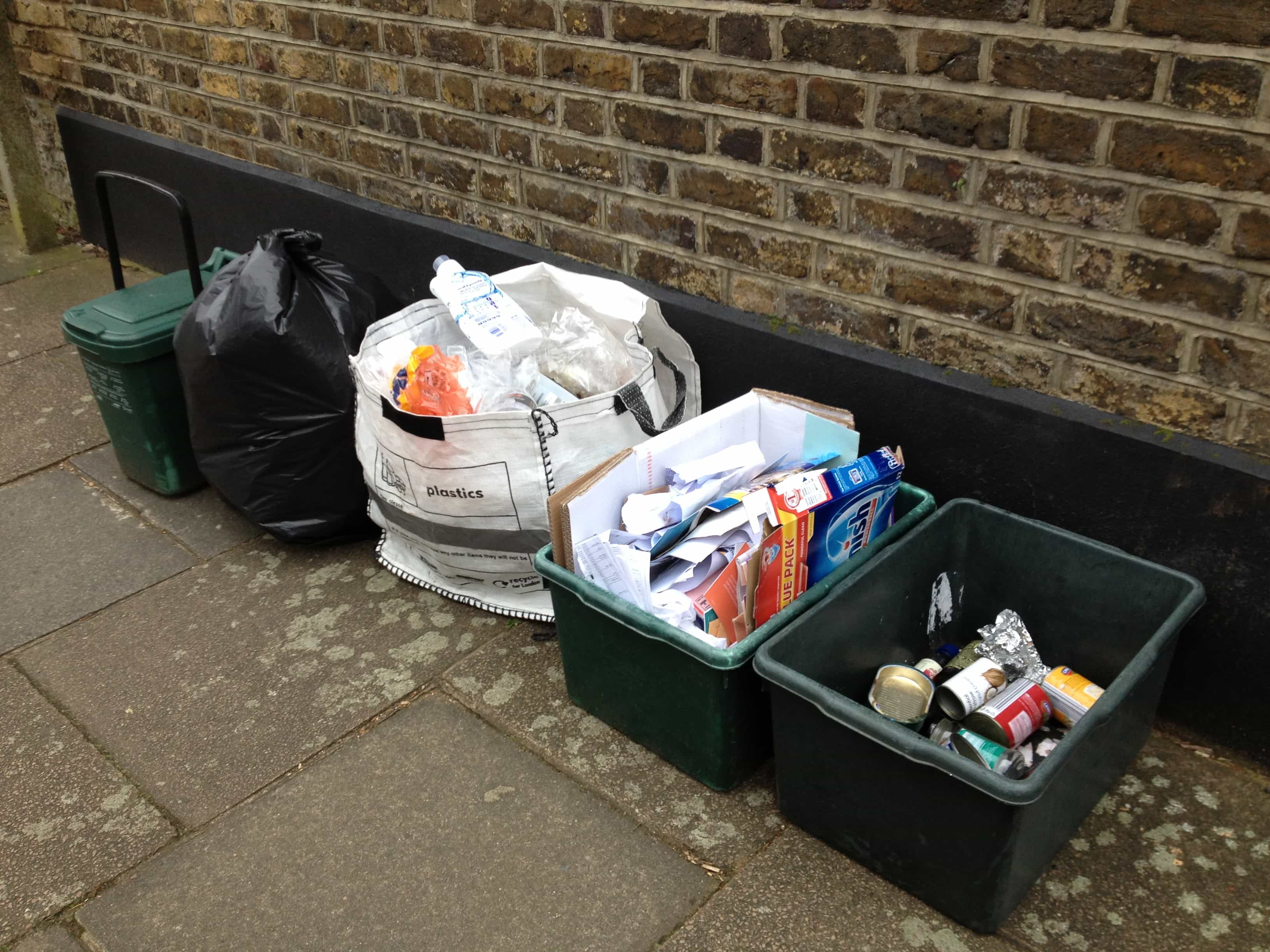Revenue from PRNs should be channelled to MRF operators or waste collection companies rather than reprocessors or exporters, the Environmental Services Association (ESA) has suggested today (18 October).
This is one of four options presented by the trade association in a report co-authored by Advisory Committee on Packaging (ACP) chair Phil Conran through his consultancy firm 360 Environmental and consultancy Perchards.

The ESA has argued channeling PRN revenue to waste processors would support increased collections of packaging
The report, entitled ‘A discussion of the UK PRN/PERN System for Packaging Waste and Possible Alternatives’, claims that action will be needed to meet potentially increased packaging recycling targets – which are among proposals being explored by the European Union.
The option to shift PRN funding to collections is ranked as the least ‘radical’ change to the system in order to drive a higher proportion of packaging to be collected for recycling.
The proposal would mean compliance schemes would pay waste collectors – rather than reprocessors such as steelworks or paper mills – for packaging recycling evidence which is used to meet targets.
Fee
Reprocessors would just be paid ‘a small fee’ to cover administrative costs rather than selling PRNs for a market price, as under the current system.
This would ensure that packaging recycling evidence is sold at a price ‘relating to collection, sorting and processing costs’ rather than ‘supply and demand’, according to the Association.
Jacob Hayler, chief executive of ESA, said: “The proposals would help to support funding for more recycling collections. More collections would provide more feedstock for reprocessors. The whole of the sector would therefore be boosted and UK recycling could move on to another level.”
However, the option could be seen as a way of boosting waste management company income – because PRN income would be going to MRFs, for example, instead of reprocessors.
Waste management companies have become increasingly involved in the packaging recycling chain in recent years – in particular in plastics where Veolia has bought the Closed Loop Recycling bottle reprocessing plant. Biffa and Viridor both also operate plastics reprocessing operations.

ESA believes one option could be to remove the role of councils in collecting segregated household packaging waste
Councils
The most ‘radical’ option proposed in the report is to remove the role of councils from collecting household packaging waste – instead entrusting the ‘operational and financial responsibility’ to compliance schemes.
As with similar arrangements in Germany, Austria, Belgium and Sweden, compliance schemes would organise collections of household packaging waste – contracting waste management operators to provide the service.
However the report notes that ‘many [councils] already invested in segregated collection facilities and would probably object to compliance schemes taking control of these or even introducing new ones alongside’.
ESA adds however that this option would address ‘the lack of transparency’ for producers as they would know how their fees are being spent, and is the option ‘most likely’ to improve quality of collected materials as producers would determine how they are collected.
“If the Commission’s proposed rules on EPR systems are adopted and apply to the UK, radical change would be inevitable.”
Jacob Hayler, chief executive
ESA
EU
The ESA argues its proposals are a bid to comply with extended producer responsibility (EPR), which forms part of the European Commission’s Circular Economy proposals for Member States.
Mr Hayler added: “A more relaxed approach to targets might imply less need for radical change; but if the Commission’s proposed rules on EPR systems are adopted and apply to the UK, radical change would be inevitable.”
The post ESA proposes ‘radical’ PRN reforms appeared first on letsrecycle.com.
Source: letsrecycle.com Packaging



